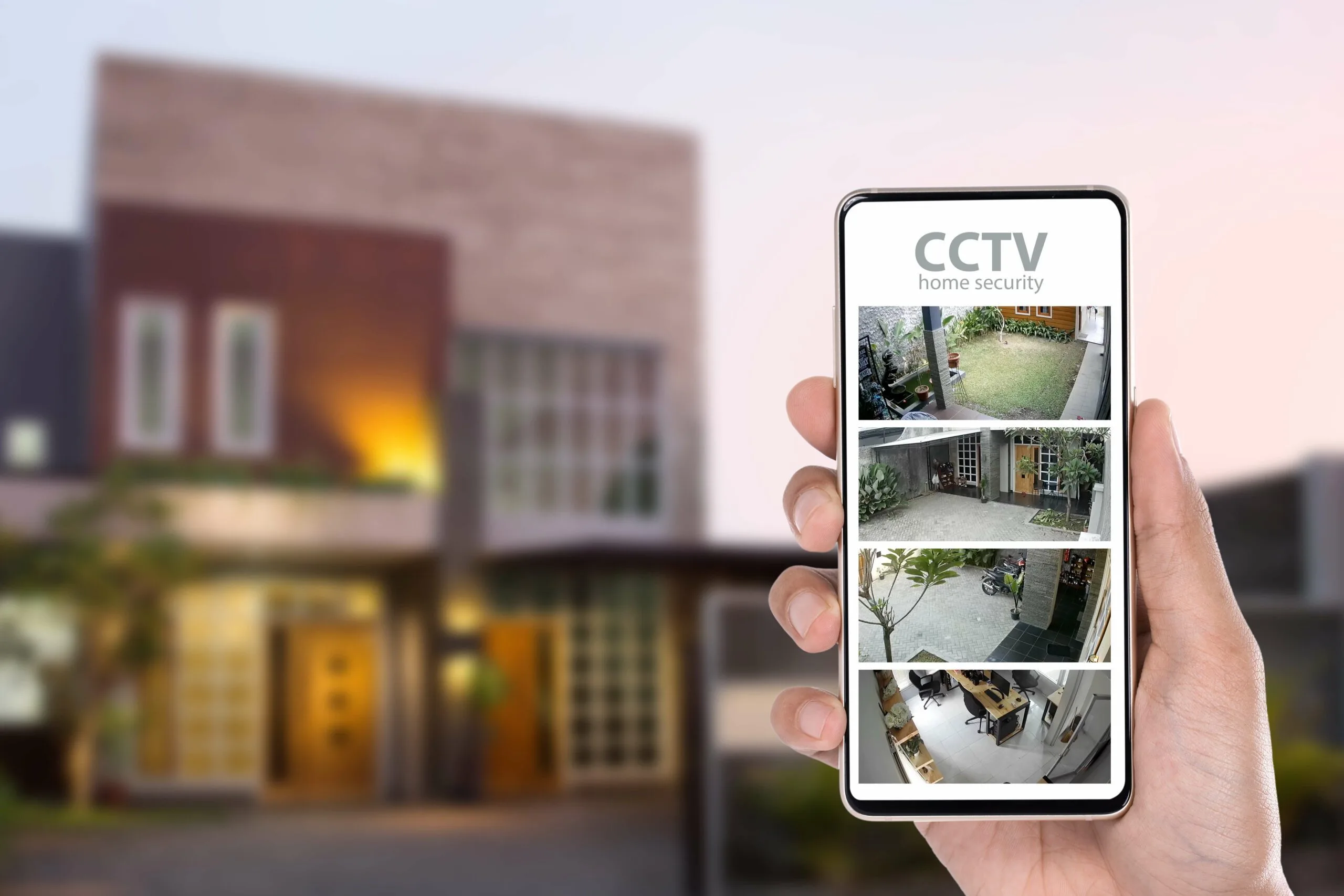Unveiling the Surveillance Showdown: CCTV vs. Wireless Cameras – Which Reigns Supreme in Security?
It’s hard to know what to get when it comes to home security cameras–perhaps we can help you make a more educated choice.
Written by Isaiah Martinez

Pros of CCTV
So the entire concept of CCTV cameras revolves around their main benefit, which is the higher average quality of the footage and the greater consistency in recording events that people want to see. This is mainly due to the constant stream of recording. These two factors serve as the primary advantages of CCTV camera systems compared to wireless systems. However, it is important for people to understand that wireless cameras available today are much more comparable to CCTV setups than ever before.
Pros of Wireless Cameras
Wireless camera technology has become increasingly reliable and consistent, providing higher resolution capabilities compared to previous years. It is now common to find wireless cameras capable of recording high-definition footage, which was nearly impossible just five years ago. The rapid advancement of laser technology in the past decade has brought wireless cameras almost on par with CCTV cameras.
Cons of Wireless Cameras
One of the disadvantages of wireless cameras is that there will always be some sort of intermittent delay. With any streaming device that runs off of the Wi-Fi you’re going to have a little bit of lag. There is simply no preventing this. Also, whatever the camera resolution is advertised as, keep in mind that by the time the footage transmits to the phone or tablet, the footage you will be viewing will be significantly reduced in quality, due to this wireless aspect. Always know that it’ll be at least one-tier lower than what’s advertised. Meaning, if it says 1080p, it’ll most likely show you in 720p, and so on.
In the early days of closed-circuit television (CCTV) systems, the footage was not recorded on magnetic tapes or digital storage devices. Instead, it was captured and displayed using a system called “Time-Lapse VCRs.” These VCRs were specially designed to capture a single frame of video at set intervals, typically every few seconds or minutes. The recorded frames were then played back at a higher speed to create the illusion of continuous motion. This method allowed for longer recording durations without the need for constantly changing tapes and was widely used before the advent of digital recording technology.
Cons of CCTV Camera
Apples to Apples
CCTV cameras can indeed offer an exceptional level of security with features such as motion tracking, license plate zooming and tracking, facial recognition, and other biometric control tracking. However, these types of setups typically require server bases and are more commonly found in military and governmental-grade applications rather than practical options for the majority of residential establishments. In short, while CCTV cameras have the potential for greater scalability, wireless cameras offer most, if not all, of the same security functionality for residential homeowners in a practical manner. It’s worth noting that as one explores more advanced options with CCTV cameras, the costs can become significantly higher. On the other hand, even when opting for advanced wireless camera setups, the expenses remain a fraction of those associated with CCTV cameras, while still providing a complete and practical surveillance solution for 99.99% of properties.


Keep your castle safe and treat yourself like royalty.
Upgrade to a dispatch alarm system today and experience enhanced security and peace of mind. Don’t settle for self-monitoring when you can have professional 24/7 monitoring that ensures prompt response to emergencies. Safeguard your home or business effectively with a dispatch system. Contact us now to learn more and get started.








